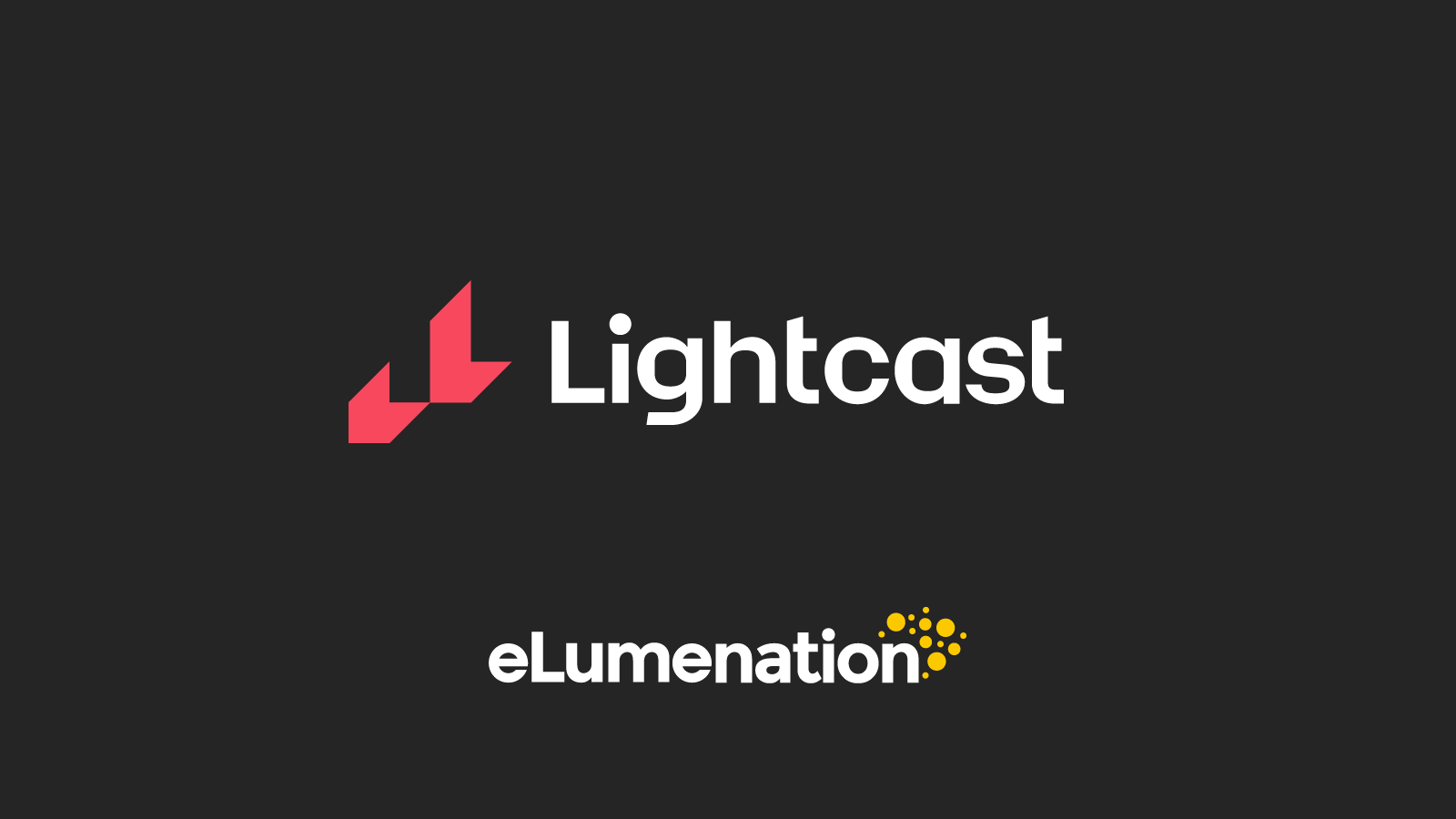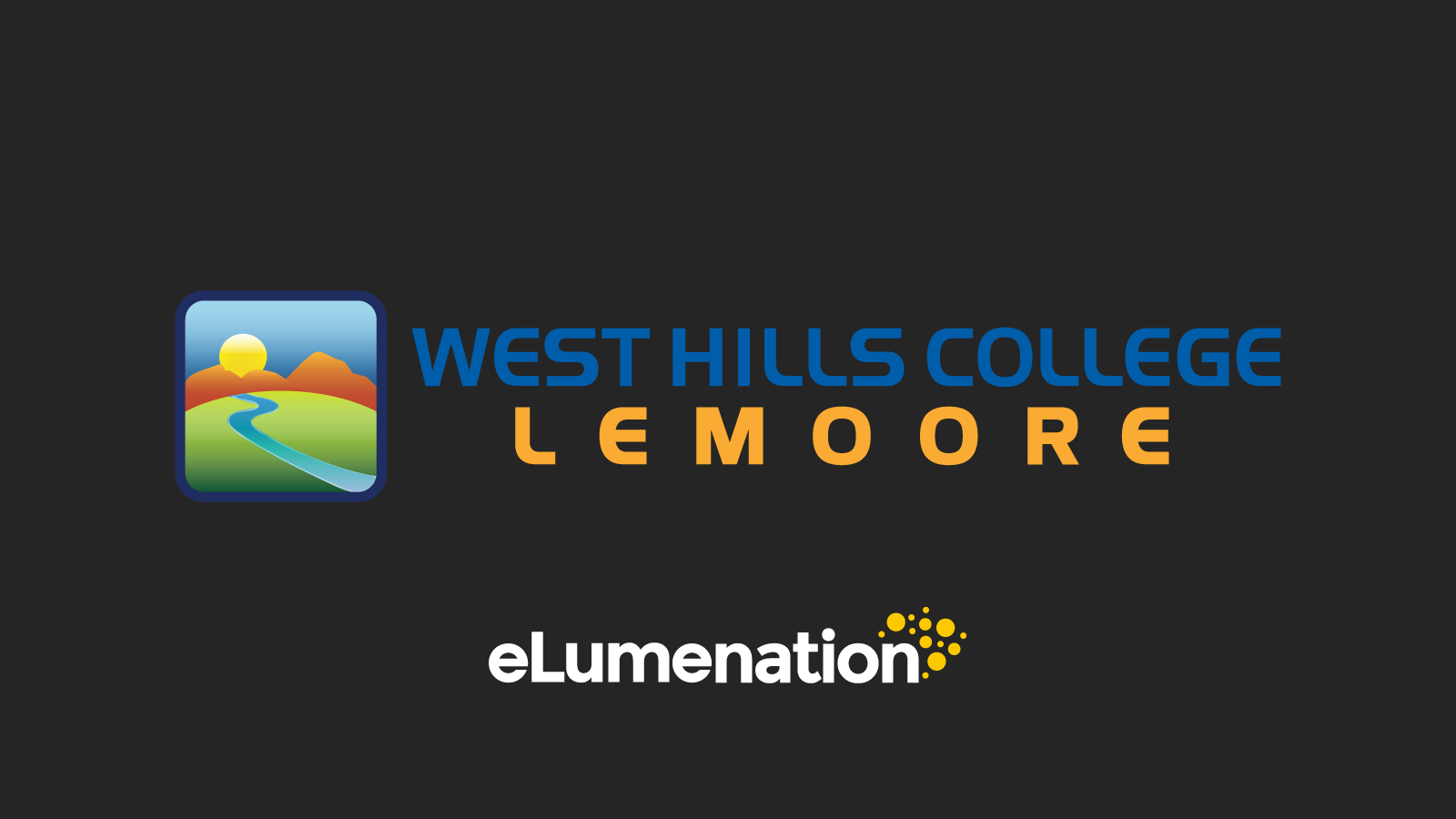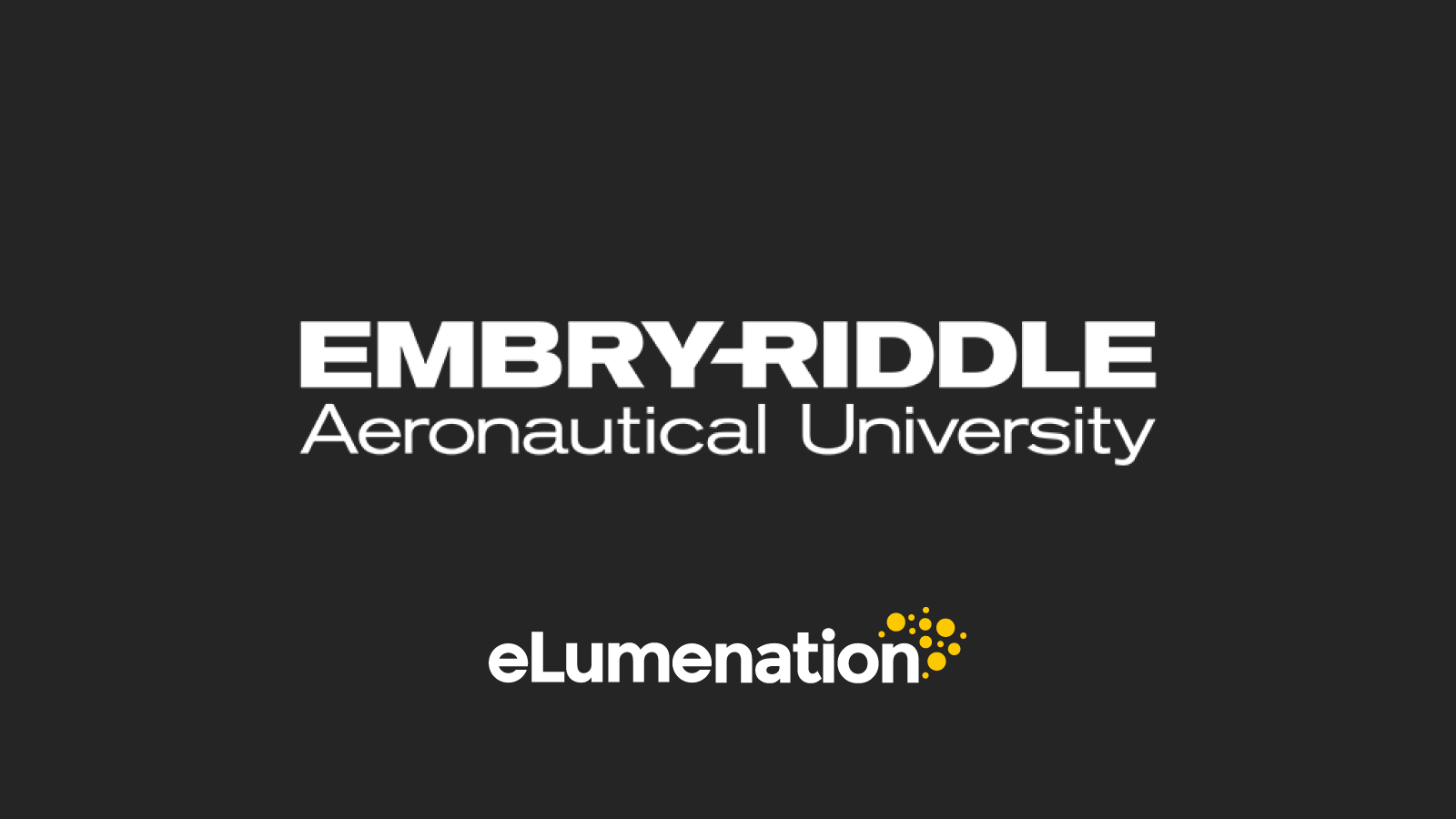Labor Market Data to Improve Learner Outcomes | Lightcast
Lightcast is the world's leader in labor market data and analytics. In this session, we will learn more about labor market data and strategize ways...
1 min read
 Lina Khvashchynskaya
:
May 21, 2023
Lina Khvashchynskaya
:
May 21, 2023
In assessment, we often speak of continuous improvement. Our accrediting bodies laud the importance of always working to move the needle in a positive direction while campus administrators work to help faculty and staff find strategies and tactics for squeezing out a slightly better outcome in the next cycle. But, what happens when an outcome is at an optimal success level? Where the students who fail to meet it truly don’t meet it? When the process is as efficient as it can be? What do we do to show improvement in these cases? Especially when the faculty teaching courses or staff members running programs lack the agency they need to help some students succeed?
Assessment professionals and teaching and learning center directors devote significant energy to helping faculty advance better learning when they are the units of change (better pedagogical practices, curricular revisions, better outcome alignment on syllabi, etc.), but can not always do as much if departmental, college, or institutional barriers are preventing necessary action. Changes at these levels require more buy-in and more capital (of all types) but have a significant impact on student learning—and consequently, assessment. Some may not even be able to be solved or moved—but without being fully aware of them, we can’t ensure that not all of our assessment asks fall on faculty.
In this session, we will discuss what the end of continuous improvement can look like for assessment, areas with high faculty agency, and strategies for helping faculty and staff navigate areas where their agency is limited.
Presented by Will Miller, Associate Vice President for Accreditation and Assessment at Embry-Riddle Aeronautical University.

Lightcast is the world's leader in labor market data and analytics. In this session, we will learn more about labor market data and strategize ways...

In this session, we continue the conversation of going beyond the checkbox in Program Review practices. West Hills College Lemoore's Kris Costa...

1 min read
In assessment, we often speak of continuous improvement. Our accrediting bodies laud the importance of always working to move the needle in a...